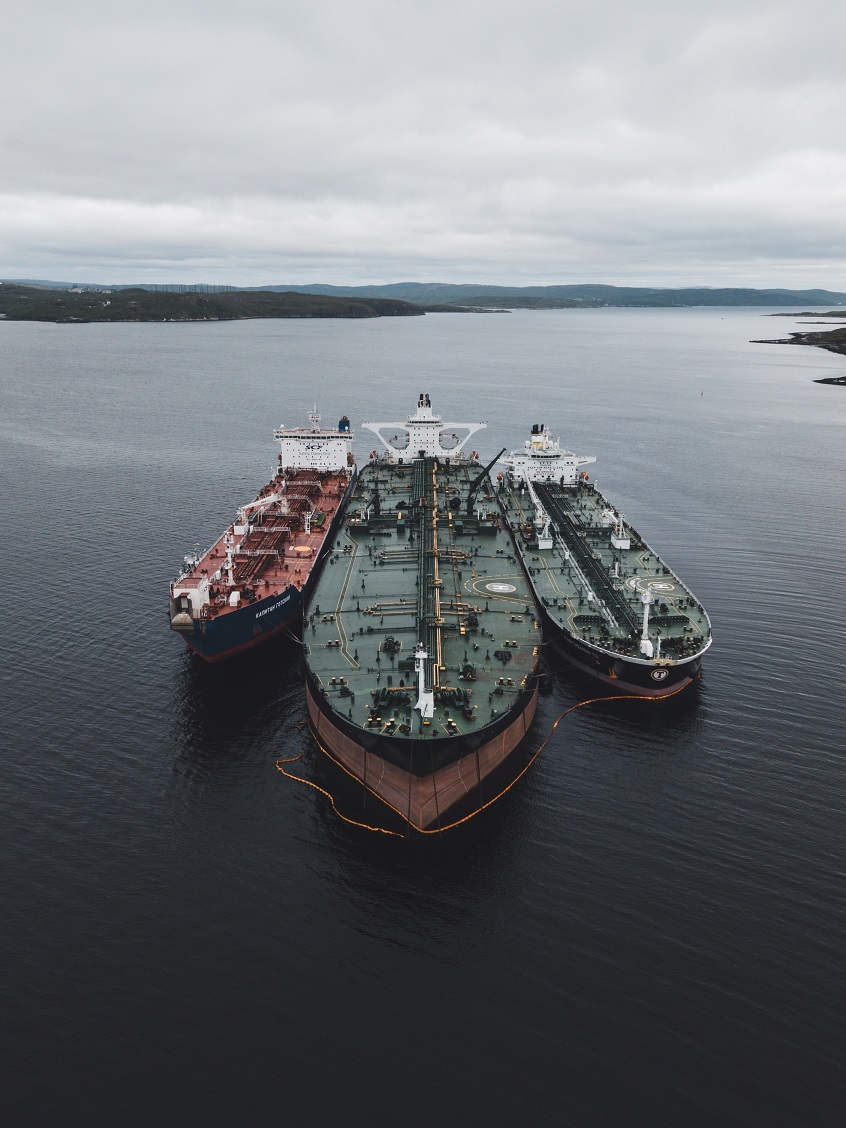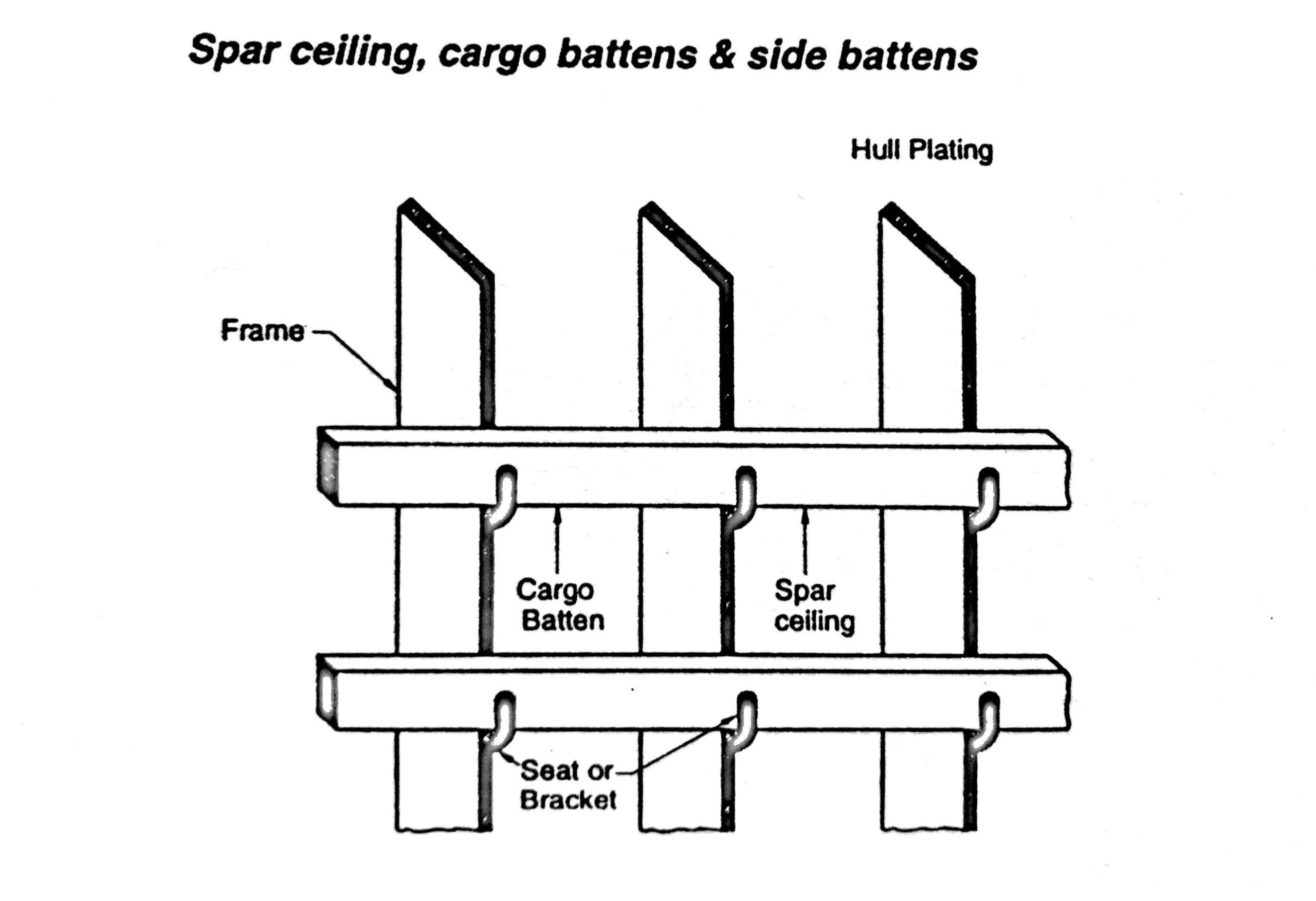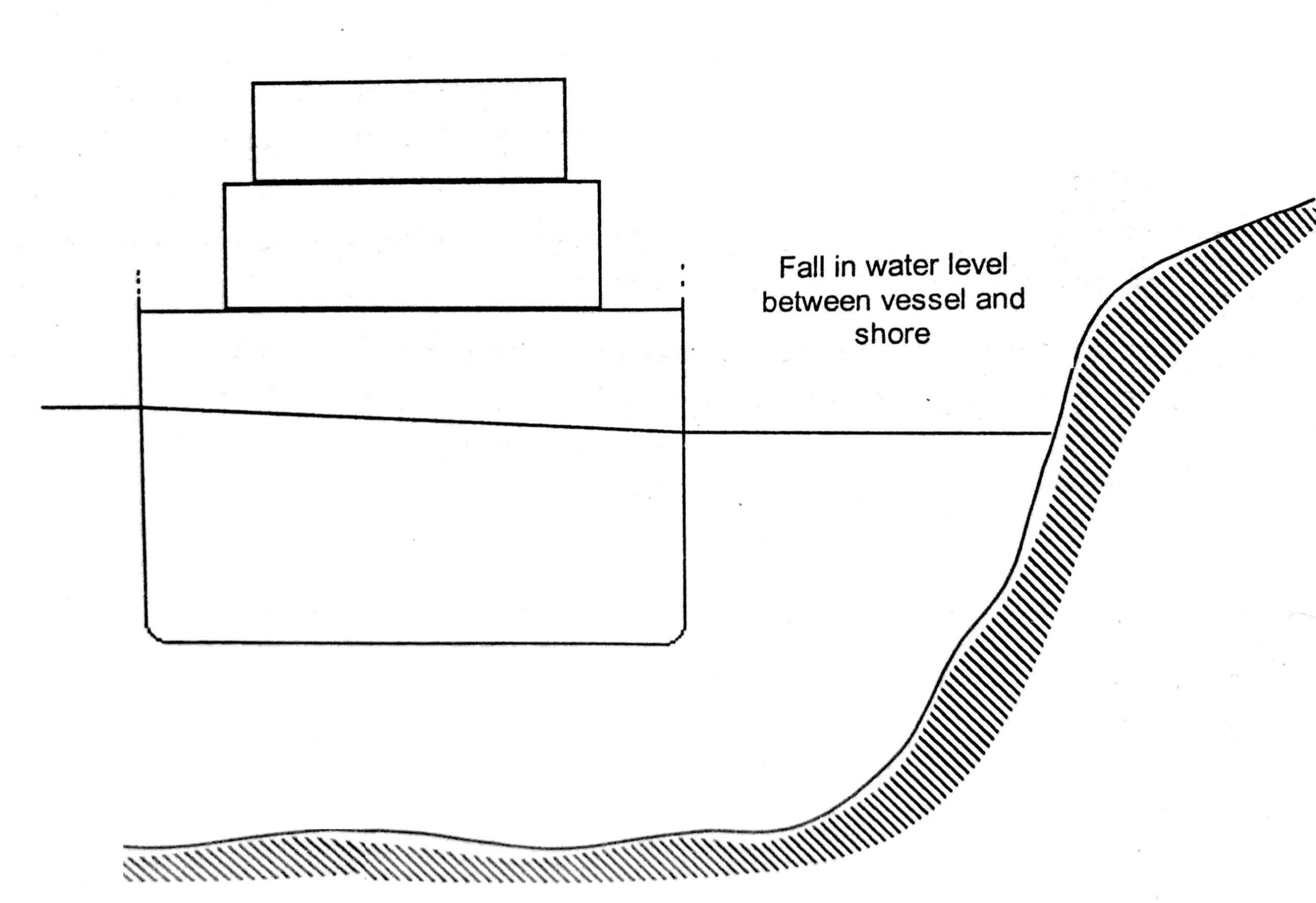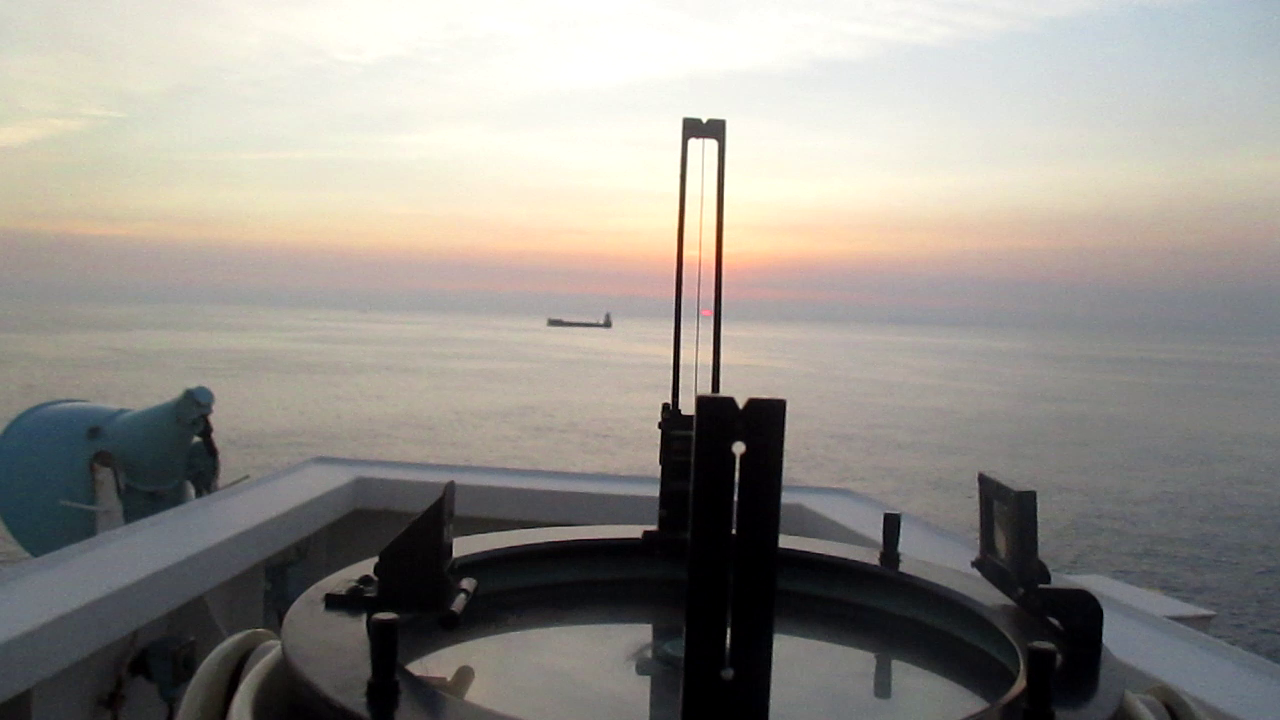Tanker Definitions
The International safety guide for oil Tankers and Terminals (ISGOTT) provides definitions of tanker terminology in common usage. Some important definitions are given below. These are for the information of non–tanker students. Students on tankers should use the latest edition of the ISGOTT. Students sailing









